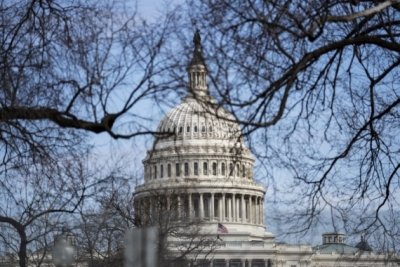America
Louisiana's Ten Commandments Legislation Condemned by Indian Diaspora Council

June 28 :
The Ten Commandments ordinance that Louisiana approved is vehemently opposed by the Indian Diaspora Council International (IDC), who see it as an affront to religious liberty and an infringement on the state's constitutional authority. Every public school classroom, from pre-K to institutions supported by the state, is required by law, signed into law last week by Governor Jeff Landry, to display the Ten Commandments in a big, legible print.
IDC contended that the legislation violates the First Amendment to the United States Constitution, which forbids the creation of any law "respecting an establishment of religion, or prohibiting the free exercise thereof."
The group claimed that the law violates the rights of public school teachers and students because it favors one religion over another.
Two groups that have stated their intent to challenge the bill in court are AUSCS and ACLU-LA, which stands for Americans United for the Separation of Church and State.
They issued a unified statement stressing that "politicians have no business imposing their preferred religious doctrine on students and families in public schools."
This whole mess reminds me of a case from 1980 when the Supreme Court of the United States invalidated a legislation almost identical to this one in Kentucky. Due to its overtly religious motivations and lack of secular goals, the Supreme Court ruled that the Kentucky statute was unconstitutional and thereby violated the establishment clause.
The council's stance against religious governance and its support for religious freedom were restated by Dr. Nicole Bissessar, the IDC's director of community cultural affairs. Bissessar made it clear that IDC continues to oppose the government's attempts to promote a particular religion at the expense of others and that the organization's long-standing attitude on religious freedom remains unchanged.
The criticism by the IDC emphasizes the continuing discussion over the place of religion in public institutions and the possible future legal struggles that advocacy groups may face in their efforts to defend constitutional prohibitions against state promotion of religion.



































